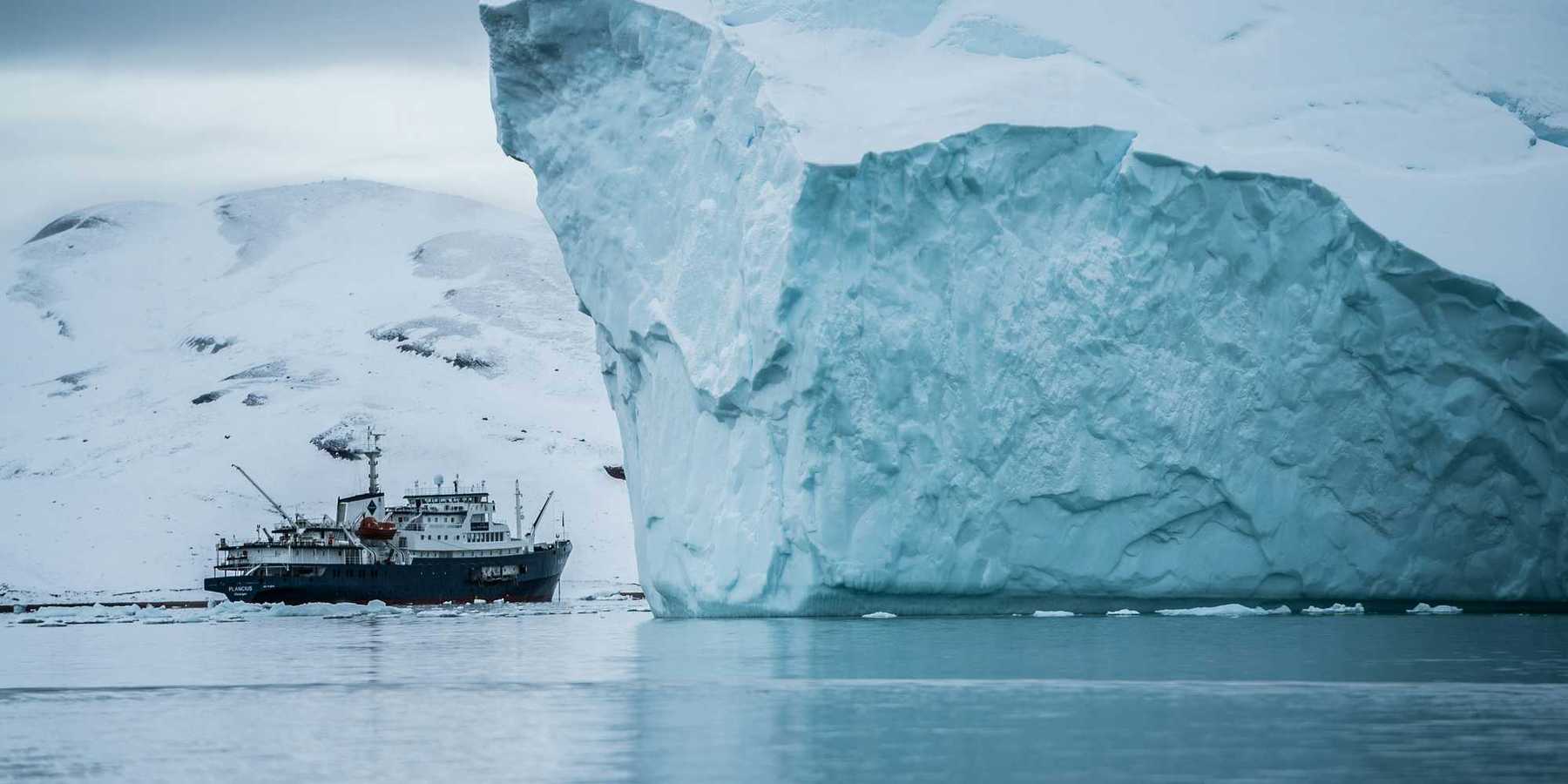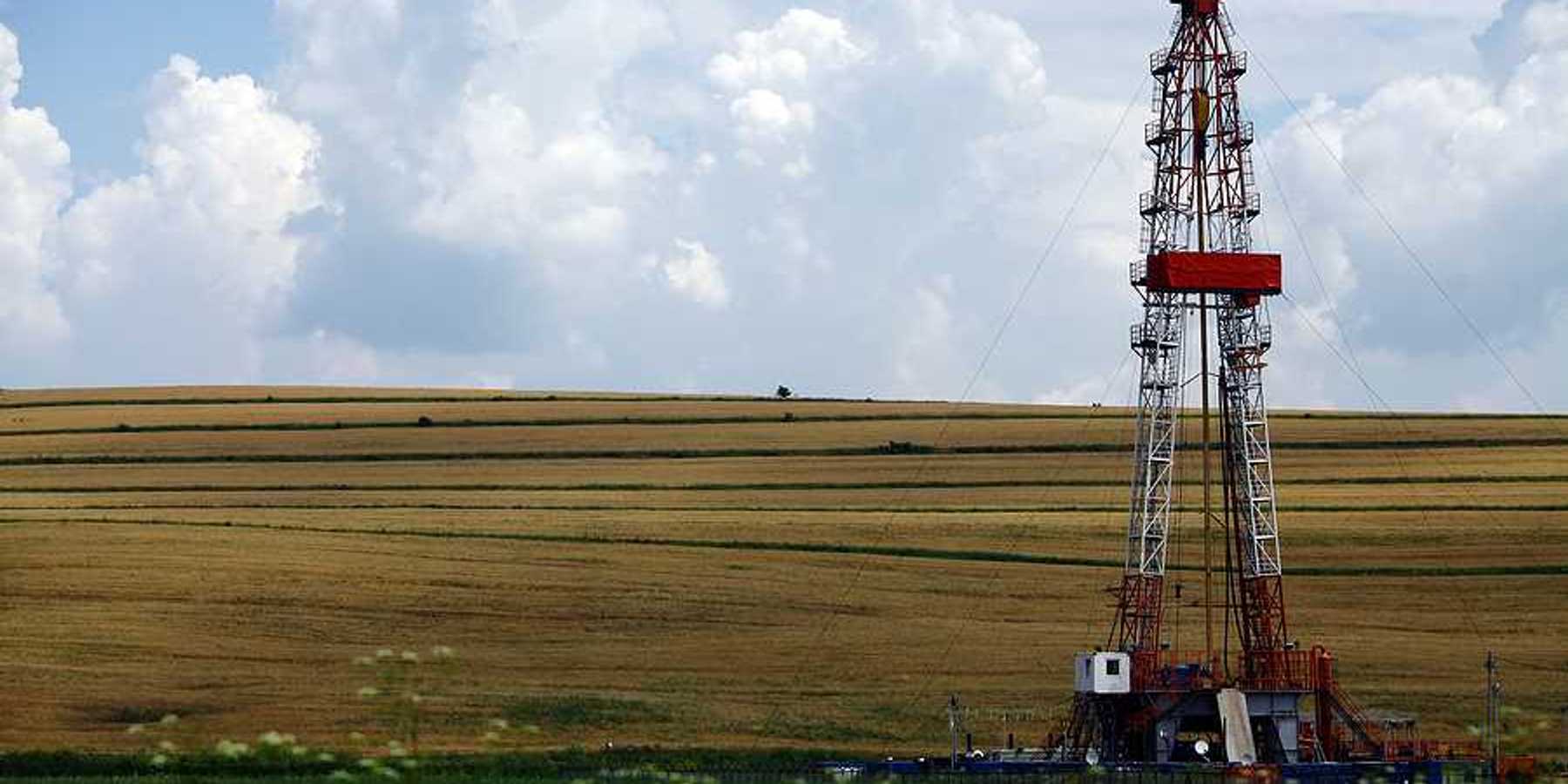Neonics v. birds; Elections have consequences; UN climate talks
Quite a week. The election gave hope for climate action, but science again showed we're playing a dangerous game with our environment. Here's what you need to know.
Pesticides are putting migratory birds 'on life support.'
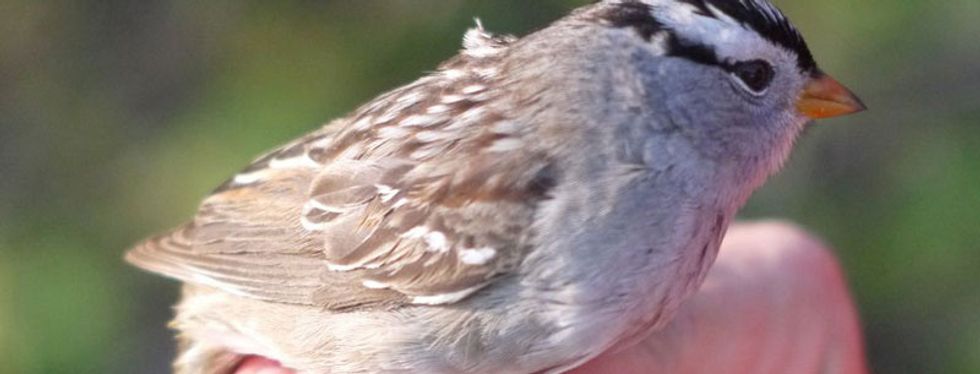
EHN founder & chief scientist Pete Myers (and several readers, thank you!) underscore the importance of a study showing that neonicotinoid pesticides and chlorpyrifos, both widely used, interfere with bird orientation and feeding.
A key finding from the study, published online this week in the journal Nature:
These results suggest that wild songbirds consuming the equivalent of just four imidacloprid-treated canola seeds or eight chlorpyrifos granules per day over 3 days could suffer impaired condition, migration delays and improper migratory direction, which could lead to increased risk of mortality or lost breeding opportunity.
Canada's National Post has strong coverage: "Research shows common pesticides starve, disorient birds"
Saturday climate watch: COP23 in Bonn
The annual United Nations climate talks opened this week in Bonn, and for the first time in the quarter-century history of the proceedings, the United States did not set up a pavilion at the summit – the only developed country not to do so.
The talks aim to hammer out the "rule book" for the 2015 Paris Agreement, an accord signed by 195 countries including the United States that President Trump has vowed to abandon.
U.S. absence has left a vacuum at the talks, and plenty are speculating who will fill it.
A group of U.S. governors, mayors, university and business leaders – the We are Still In coalition – has stepped forward to show how Americans are still taking climate action, even if Uncle Sam isn't.
Led by
California Gov. Jerry Brown and former NYC Mayor Michael Bloomberg, the group on Saturday released a report showing the breathe and influence of U.S. non-federal action on climate change.
You can catch the livestream here starting at 4p CEST/10a EST featuring authors who will describe the report's findings.
Other coverage:
- Deustche Welle on the power vacuum: US absence felt on first day of UN climate summit
- Public Radio International: Is China really stepping up as the world's new climate leader?
- The Guardian: One nation, two tribes: opposing visions of US climate role on show in Bonn
- New York Times: What's at stake at the Bonn climate talks
Four good reads
Grab a coffee. Or bookmark these for later if Saturday's chores await:
1. When did lunch become so complicated? Hakai Magazine on seafood labeling: The ecolabel fable: Sustainable seafood programs can't guarantee ocean-friendly choices.
"The server at the sushi restaurant hands me the menu, and I'm hit with a wave of anxiety as I count four pages, printed front and back. I was hoping the menu would be as minimalist as the modern decor. I have only 45 minutes, and I'd like to enjoy a conversation with my husband..." (read more)
2. Good news on environmental and social justice. Next City: Transforming a Bay Area brownfield into a green jewel.
"The city of Richmond is emerging as a leader in sustainable redevelopment and in the process, preserving its past..." (read more)
3. The Atlantic on Flint, children's health and the lead crisis: The 'horrifying consequence' of lead poisoning.
"The devastating health consequences of this lapse are now becoming clear. A recent paper finds that the city's lead crisis may have sparked a drop in birth rates and a precipitous rise in miscarriages..." (read more)
4. Seven trends that could beat global warming. The Guardian: There is reason for hope.
"It does not need to be all bad news: A series of fast-moving global megatrends, spurred by trillion-dollar investments, indicates that humanity might be able to avert the worst impacts of global warming..." (read more)
Election aftermath
"A good night for climate action at the ballot box," report ClimateWire's Josh Kurtz and Benjamin Storrow. (Blue wave seen as a rebuke to Trump's climate views.)
Seattle P-I's Josh Connelly weighs in on the suddenly sour prospects for North America's largest oil-by-rail terminal. (A big defeat for Big Oil on proposed Columbia River terminal)
Lest we forget, NBC offers this retrospective on how much the U.S. Environmental Protection Agency has changed in one year since Trump's election.
Saturday's headlines
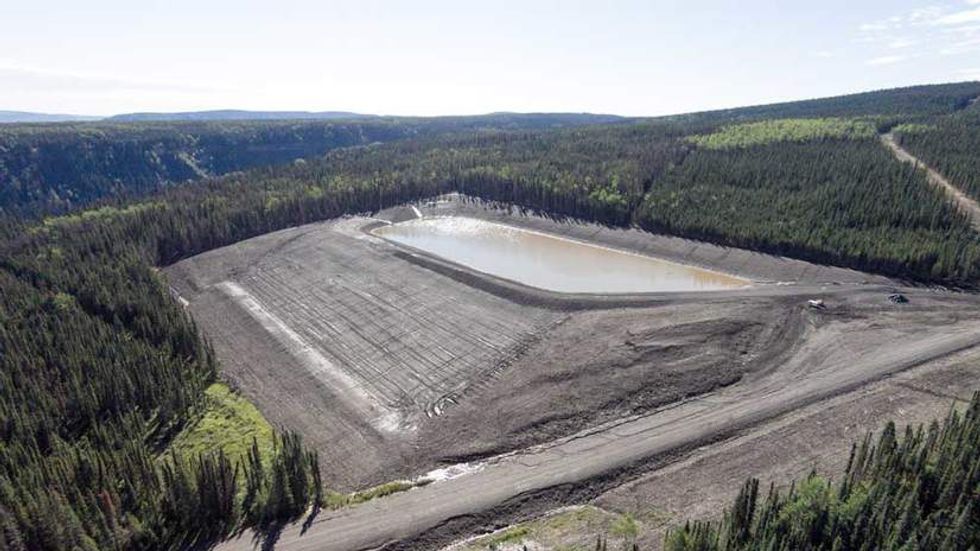
- How legislation potentially affects harmful chemicals in your beauty products (Teen Vogue). Your beauty routine might be undergoing a major change.
- Fracking company ordered to drain two unauthorized dams in B.C.'s northeast (DeSmog Blog). The provincial government has ordered Progress Energy to drain virtually all of the water trapped behind two massive dams the company built in violation of key provincial regulations.
- United Airlines suspends Newark-Delhi flights over severe air pollution (NDTV). With pollution levels in Delhi still at 'severe' for the fifth day in a row, United Airlines today temporarily suspended its flights from Newark to Delhi.
Peak Pig: The fight for the soul of rural America.
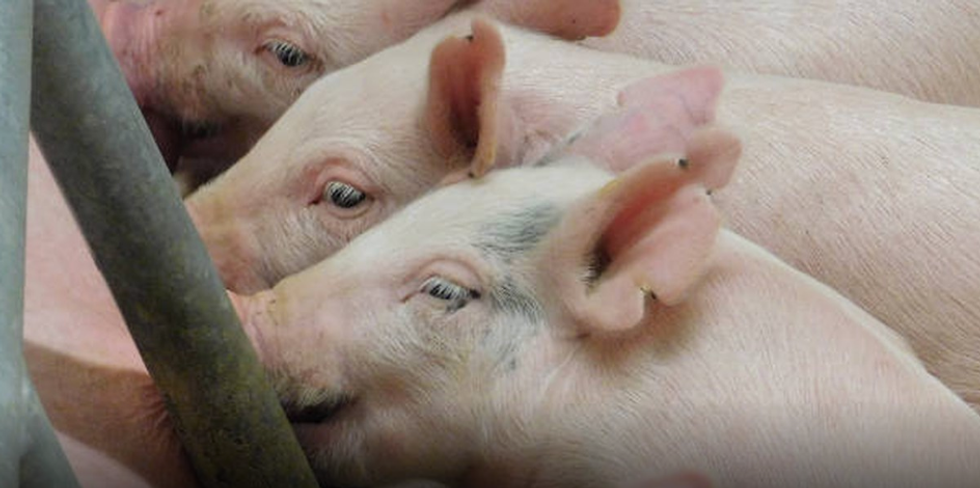
Head's up: Join us Monday as we launch our month's long investigation, in partnership with North Carolina Policy Watch, into the rapid rise of industrial agriculture and its environmental and social justice impacts in rural America, particularly North Carolina's hog country.
We'll take you to the frontline in the countryside as we uncover what it means to be rural in an age of mega-farms.
EHN.org: Journalism that drives the discussion.




